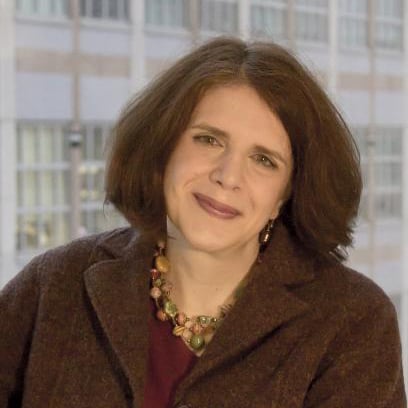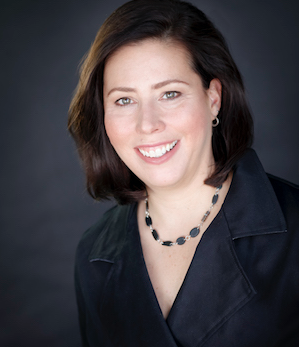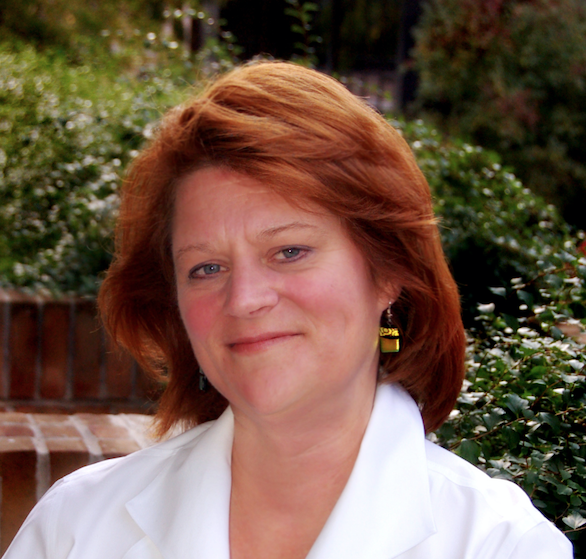You have /5 articles left.
Sign up for a free account or log in.
"What is the most important thing that someone new to the educational developer profession should know?"
I put this question to the past, current, and future presidents of the Professional and Organizational Development (POD) Network in Higher Education.
 Dr. Mary Wright, Director of the Sheridan Center for Teaching and Learning at Brown University and Past President of the POD Network.
Dr. Mary Wright, Director of the Sheridan Center for Teaching and Learning at Brown University and Past President of the POD Network.
For someone considering a career in educational development, it is important to know that this is a fast-growing profession, with multiple entry points and a variety of career pathways.
My own entry point came from meeting the director of a Center for Teaching and Learning (CTL), while I was a doctoral student, which led to an internship, which connected me to the annual conference of the POD Network, the U.S. professional association for the field.
I would suggest taking a look at the excellent resources on this topic compiled by members of the POD Network, the U.S. professional association for the field. These publications address ways that graduate students, postdoctoral scholars, and faculty can explore the transition to an educational development career and tailor their job search materials to these positions.
I always encourage someone to find their nearest Center for Teaching and Learning (CTL), whether to conduct an informational interview or to learn about opportunities to explore the profession, such as internships, faculty fellows, or graduate teaching consultant positions.
A key reward of the position is that it is both richly disciplinary and interdisciplinary, in the service of enhancing teaching and learning. My role as director of a CTL allows me to employ my disciplinary knowledge and skills (in my case, a PhD in sociology), yet I get to work with university instructors across departments and with educational development colleagues across disciplines.
 Dr. Cassandra Volpe Horii, Founding Director of Center for Teaching, Learning, and Outreach at the California Institute of Technology and Current President of the POD Network.
Dr. Cassandra Volpe Horii, Founding Director of Center for Teaching, Learning, and Outreach at the California Institute of Technology and Current President of the POD Network.
Thanks for asking this great question, Joshua. I’d like someone who is finding out about educational development to know how central it is in efforts to improve higher education.
Educational development has three main facets—professional development for faculty, graduate students, postdocs and other instructors/TAs on teaching (and sometimes other aspects of academic careers); design, development, and assessment of courses, curricula, and student learning; and development of organizations (i.e. colleges and universities) to ensure that leadership structures, systems, and policies help improve education.
While much of this work happens “behind the scenes,” it’s striking to see how essential educational development is in various national initiatives from ACE, AAU, the American Academy of Arts and Sciences, and others. This makes sense, as there is strong evidence of educational development’s effectiveness, summarized here.
Beyond this heightened attention and maturing body of scholarship, though, I echo Mary Wright’s perspective—for people who enjoy working both within and across disciplines, making an observably positive difference for instructors and students, and engaging in the “meta” work of education (teaching about teaching, learning about learning), educational development can be an endlessly rewarding career.
 Dr. Angela Linse, Executive Director & Associate Dean, Schreyer Institute for Teaching Excellence at The Pennsylvania State University (Penn State) and President-Elect of the POD Network.
Dr. Angela Linse, Executive Director & Associate Dean, Schreyer Institute for Teaching Excellence at The Pennsylvania State University (Penn State) and President-Elect of the POD Network.
For someone new to the profession of educational development, educational developers do not tell faculty or graduate instructors how to teach, we collaborate with faculty to achieve their own professional development goals.
Educational developers are agile and adaptive across scholarly traditions because we hail from many different disciplines diverse teaching, learning, and organizational experiences. Many educational developers also have cross- or transdisciplinary skills and experiences so we are comfortable crossing disciplinary boundaries and building bridges between disciplines.
Our varied scholarly expertise ensures that we respect disciplinary contexts, academic freedom, and faculty autonomy. We understand that different domains value different evidence, reasoning, and theoretical perspectives. We do not work with chemical engineers in the same way that we work with English professors, agricultural scientists, or business faculty.
Not only are we academically diverse, we also have different starting points in the field. Some of us were trained as graduate students in teaching & learning centers, others may learn about the field as faculty members, and a few were introduced to the field as academic administrators.
Whatever your discipline, whatever your pathway, whatever your institution, you are welcome.
What questions do you have for Mary, Cassandra, and Angela?




